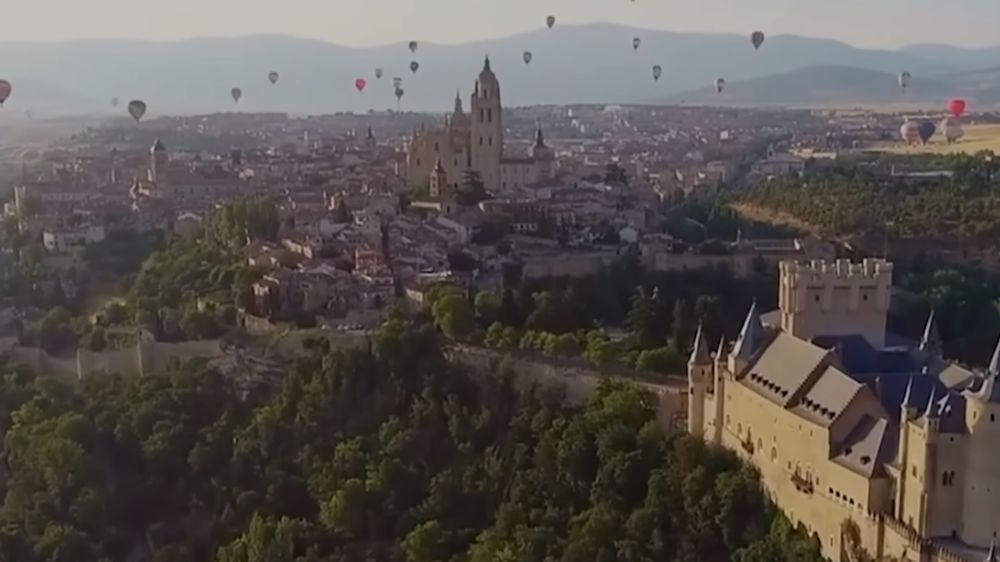This is a very famous country in Europe, and this country is known for its napping habits, which may be very similar to many Vietnamese people. In addition, this country often has dinner very late, sometimes starting their dinner at 9:00 PM or even 10:00 PM. Why is that? Having dinner feels like having a late-night meal, and the nap is quite long.
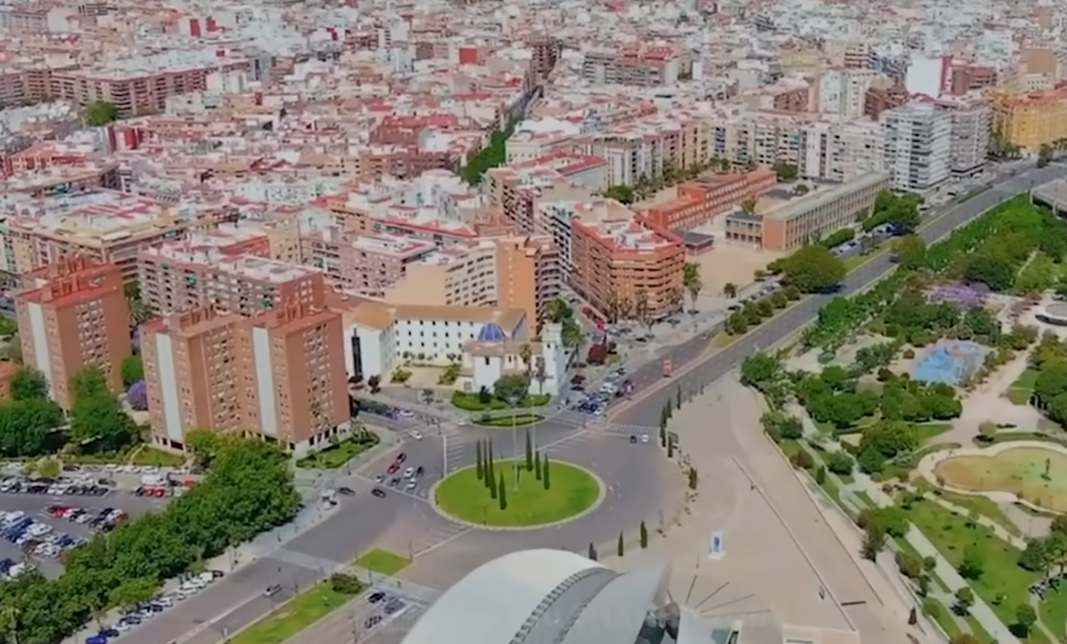
Spain is famous to Vietnam for two things:
The first is football, and the second is bullfighting.
Spain is located in the southwest of Europe on the Iberian Peninsula. Spain borders France, Andorra, and Portugal, a country also very famous on this peninsula. Additionally, it also borders Gibraltar. Surrounding Spain are the Mediterranean Sea and the Atlantic Ocean. Besides the mainland, Spain also includes islands in the Mediterranean and the Canary Islands in the Atlantic, and it has overseas territories located in North Africa.
The total area of Spain is 500 million km2, making it one of the largest countries in Europe. Its population is less than 50 million people. Spain has the 14th largest economy in the world, with a GDP of about 1.4 trillion US dollars. Indeed, not only Vietnam or Spain but many other countries also have napping habits, but in Spain, it has a whole history of napping, which also affects the fact that Spaniards have dinner very late.
Napping, also known as "Siesta." Siesta comes from a Latin word "Sexta." "Sexta" means the sixth hour.
When is the sixth hour calculated from?
The sixth hour is calculated from dawn. For the ancient Romans, the sixth hour fell around noon, the time when the sun is at its highest point, and the temperature, of course, also reaches its peak. To avoid the scorching heat and protect their health, they began the habit of resting at this time, a habit that has been passed down and become an essential part of the culture of many European countries, especially Spanish culture. At noon, shops, offices, and schools close so that people can rest and recharge with a nap; this tradition is not only for resting but also a time for family. The Spanish nap can last from 2:00 PM to 5:00 PM, not just at noon.
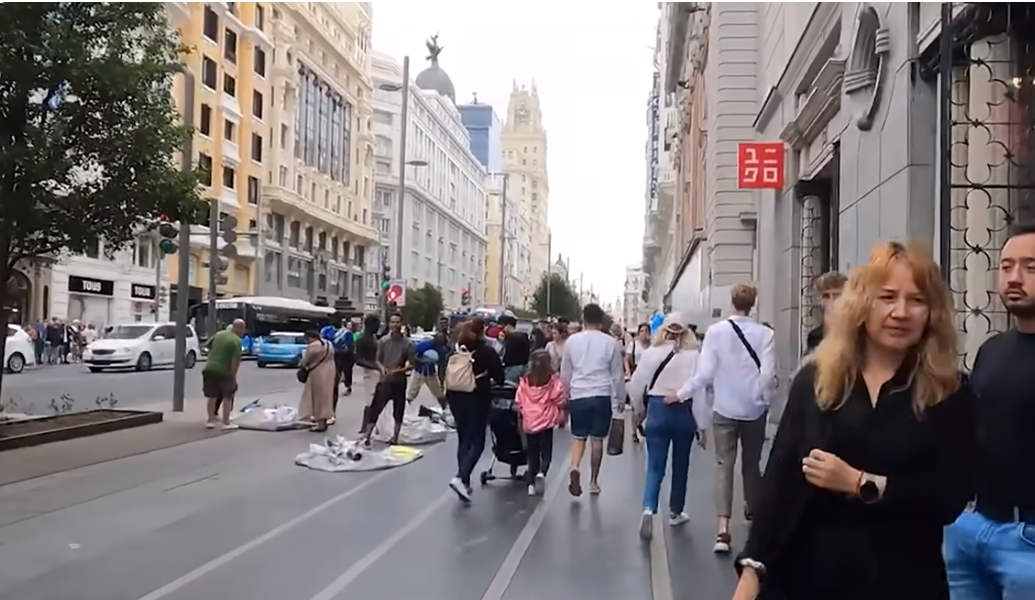
In Spain, especially in the southern regions like Andalusia and the Mediterranean area, which is famous for its hot climate, temperatures can reach 40°C or higher in the summer, making working at noon ineffective and harmful to health. Therefore, resting at noon is not only a cultural habit but also a measure to protect health, or more accurately, a very reasonable survival measure.
The history of napping, but how is it different from afternoon sleeping, and how is having dinner different from having a late-night meal?
An interesting factor is the change of time zone in Spain in the 1940s under Francisco Franco. Franco was a controversial figure in Spanish history; under his rule, Spain experienced a prolonged dictatorship, personal freedoms were severely restricted, and thousands were imprisoned for political reasons. Franco ruled Spain with an iron fist, and it was only after his death in 1975 that Spain became more democratic.
He imposed the time zone on the Spanish people. The reason for Spain's time zone shift stems from a political decision in the past. Before World War II, Spain still used a time zone that was geographically accurate, along with neighboring countries like France and Portugal, meaning activities were very timely. However, in 1940, dictator Francisco Franco decided to shift Spain's time zone to +1 to align with Nazi Germany's time, which was an ally of Franco at that time, creating a one-hour difference.
One hour may seem little, but it turns out to be quite a lot. The new time zone causes the sun to rise and set later than the natural time based on geographical location, meaning that the daily activities of Spaniards are also pushed back by an hour, with meals, working hours, and social activities occurring later than neighboring countries at the same longitude. However, over time, many Spaniards have adapted to the new time zone and made it a part of their very flexible living culture.
Although the war has long ended, and Franco's era has also ended, Spain still uses this time zone, meaning everything is done later if you look at the clock. For example, Spaniards often have dinner from 9:00 PM onwards and may work later than other countries in Europe, so the lunch break is also longer to compensate for such extended working hours.
Many scientific studies have shown that short naps can bring many health benefits. A study by NASA found that naps of 20 to 30 minutes can improve the performance and concentration of pilots and astronauts. Additionally, a short nap can help reduce stress, improve memory, and enhance concentration, but it should be noted that it must be a short and deep sleep, not just a long sleep.
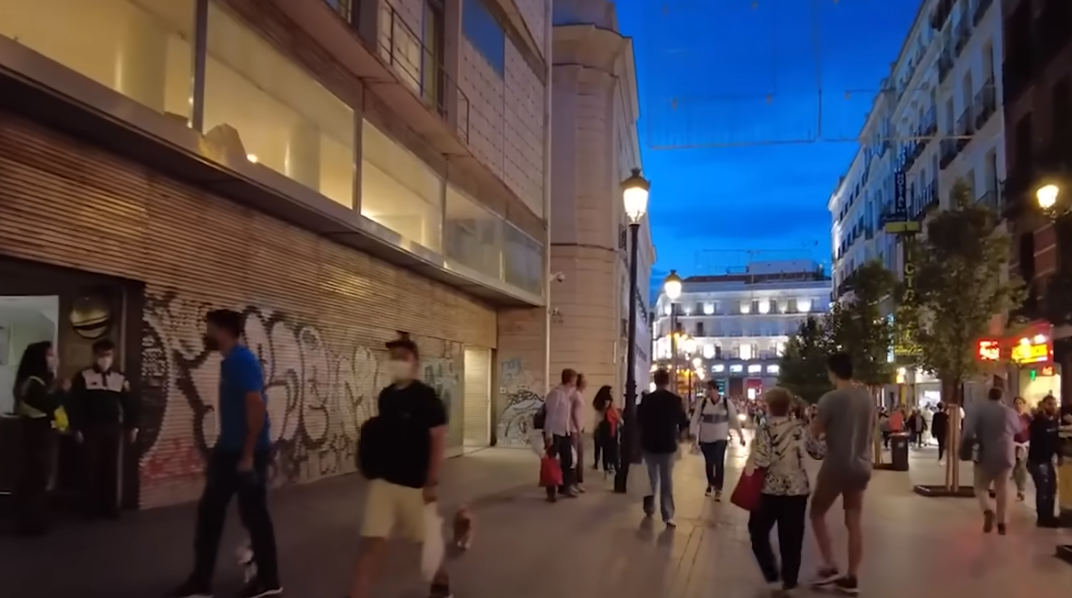
Although Siesta has become a part of Spanish culture, this habit is gradually changing under the influence of modern lifestyles and international work demands. Many companies and organizations in major cities like Madrid and Barcelona have adjusted working hours to better fit the international market, leading to Siesta becoming less popular. However, in rural areas or traditional regions, napping remains an essential part of daily life; this is not only a time for rest but also a way to preserve a unique part of Spanish culture.
The eating habits of Spaniards are also different; they usually have a light breakfast, a large lunch, and a light meal in the afternoon before dinner. Lunch is often the main meal of the day, occurring around 2:00 PM, making them feel full and not needing to eat dinner too early, and dinner is usually lighter and occurs later.
Other special and interesting points about Spanish culture and people.
Spanish cuisine is very diverse and rich, with many world-famous dishes: For example, Paella, a rice dish cooked with seafood, chicken, and vegetables, especially popular in the Valencia region, or Gambas, light dishes served with drinks, including various types, along with Gazpacho, a cold soup made from tomatoes, cucumbers, peppers, onions, and olive oil, popular in the summer.
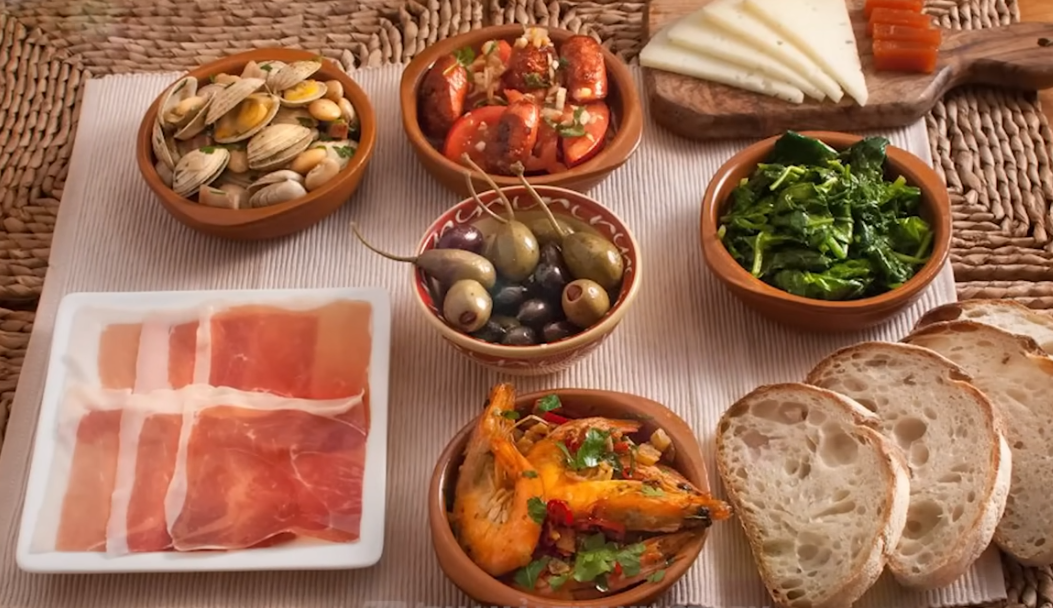
Another interesting point is that Spain is a country with many festivals. Festivals occur almost year-round in Spain and in many regions; the most famous is the "Tomato Festival," where people participate in a giant tomato fight, throwing tomatoes at each other in a fun atmosphere.
In addition to the "Bullfighting" festival, there is also the "Running of the Bulls" festival. Bullfighting involves people confronting bulls, while Running of the Bulls involves people letting the bulls chase them. This is one of the traditional festivals but has also faced much opposition in Spain. "Holy Week" is one of the most important religious festivals that takes place the week before Easter, with grand and solemn parades in many cities like Seville or Malaga.
Spain is also the homeland of Flamenco dance. Flamenco is a very characteristic art form of Spain, combining music, dance, and singing. The origin of Flamenco comes from the Andalusia region in southern Spain, influenced by Arabs, Jews, and other ethnic groups. Flamenco is not just a dance but also an expression of emotions from joy to sadness.
Spain is also famous for its distinctive architecture, including the grand Sagrada Familia church in Barcelona, designed by architect Antoni Gaudi, a symbol of architecture known as Art Nouveau, or Alhambra, the Islamic palace and fortress in Granada, which is also a masterpiece of Moorish architecture.

Most Vietnamese people know Spain through football. Football is an important part of Spanish culture, and Spanish players are famous for their skills with renowned clubs like Barcelona and Real Madrid. The El Clasico match between these two teams always attracts great attention from fans worldwide, even from those who are not knowledgeable about football.
Finally, we see that Spaniards are very open people. Spaniards often greet by kissing both cheeks, starting with the right cheek. Spaniards also have very flexible schedules, unlike many countries; Spain has a flexible habit regarding time, often not too strict about being on time. In summary, Spaniards have a very relaxed lifestyle and value family.
